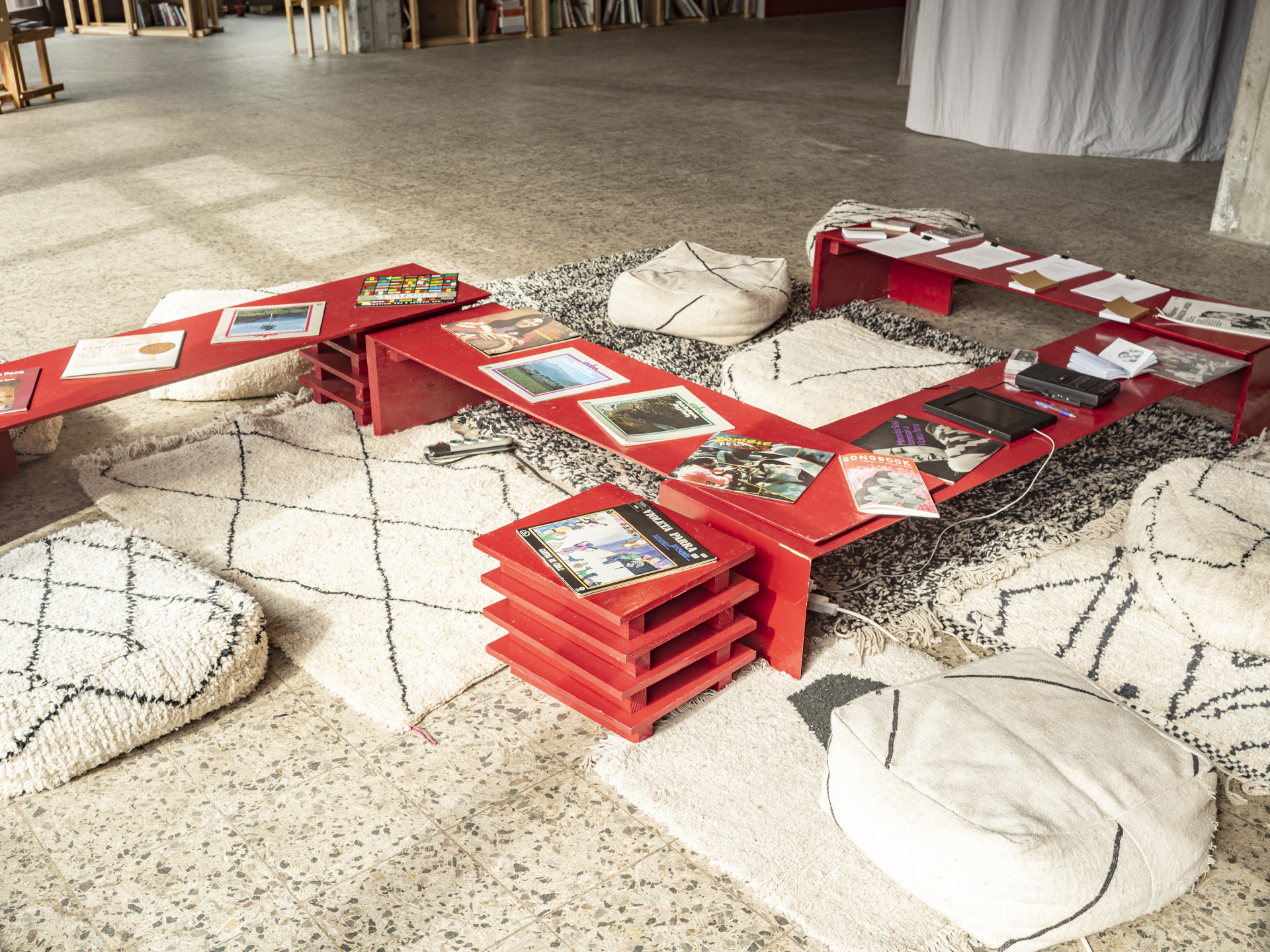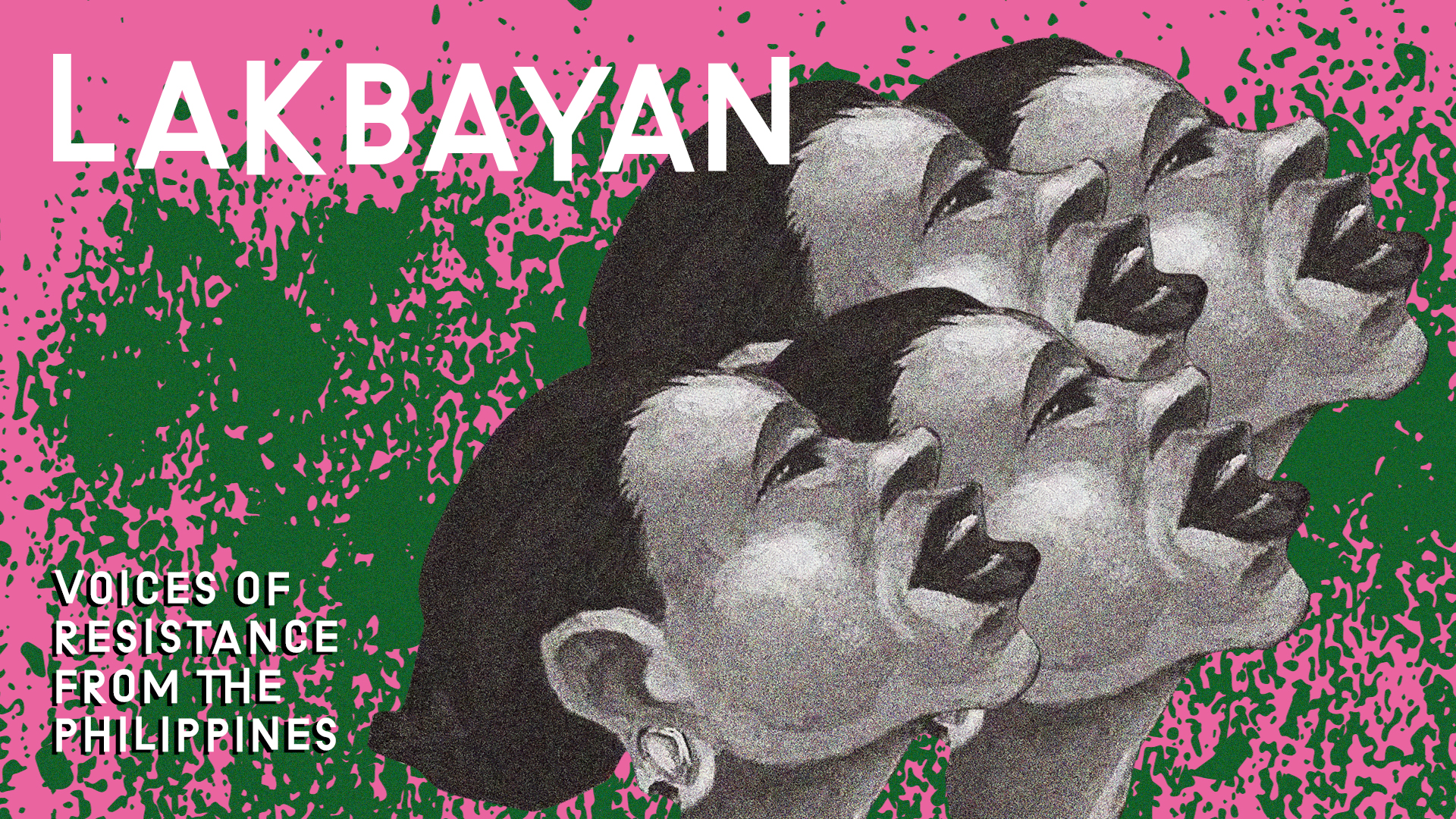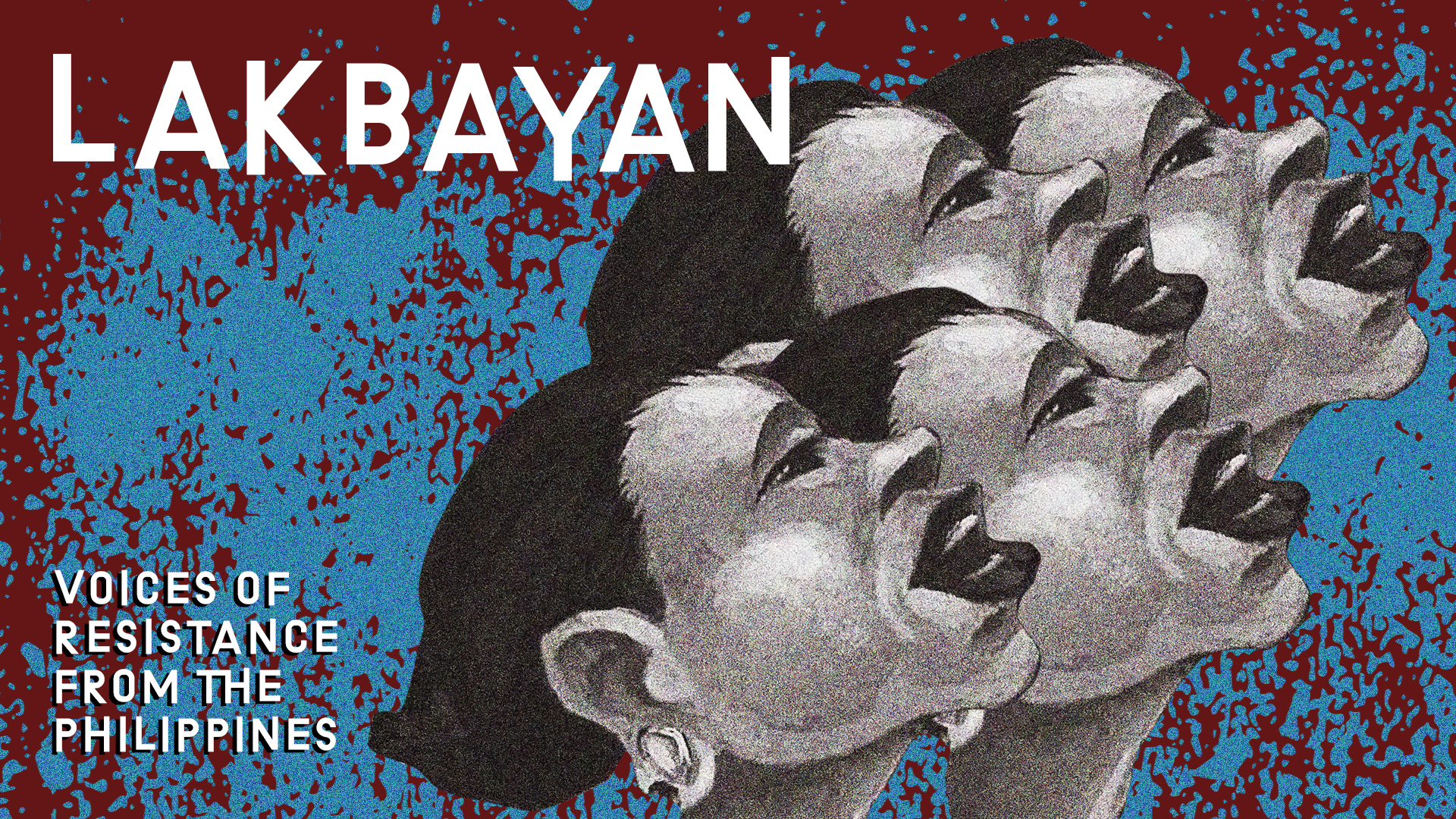Lakbayan.
Voices of Resistance from the Philippines
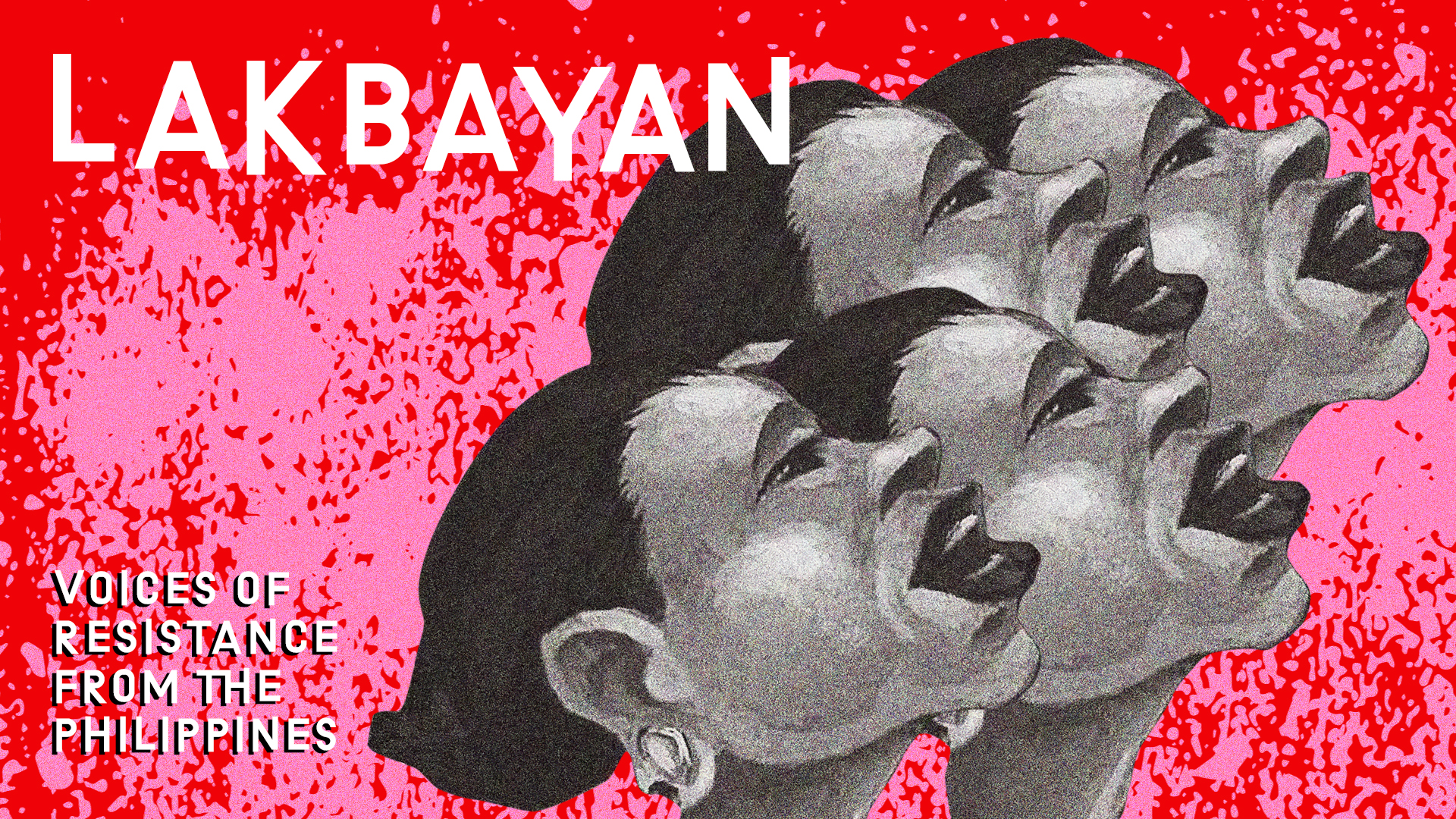
A Listening EXHIBITION
In the framework of MaerzMusik 2023
Curated by Dang A Dang Radio
OPENING 18.03.2023 12:00–20:00
OPENING HOURS 19.03.–09.04.2023 Thursday–Sunday 14:00–19:00
[Please note: Due to the programme on 25.03.2023, the access to the exhibition is partially limited]
Free Entry Donations welcome
ACCESS Our space is accessible by wheelchair
PRogramme
18.03.2023 | |
12:00 | Opening |
14:00 | First archive activation and radio session by Dang A Dang Radio – in the SAVVY space as well as on SAVVYZΛΛR |
22.03.2023 | |
14:00 | Sound performance Field 5 by Wojtek Blecharz, performed with Nico Navarro Rueda |
19:00 | Screening of Deep Listening: The Story of Pauline Oliveros (2022), directed by Daniel Weintraub, produced by IONE – Oliveros' partner in life and work |
25.03.2023 | |
14:00 | Sonic Meditation XI (1971), GONG by Pauline Oliveros, performed by Marisol Jiménez, PHØNIX16, as a part of Grenzraum Hören |
| 14:15 | Second archive activation and radio session by Dang A Dang Radio – in the SAVVY space as well as on SAVVYZΛΛR |
| 16:00 | Performance Teach Yourself to Fly by PHØNIX16 (Veronika Böhle, Goh Lee Kwang, Michael Taylor, Timo Kreuser) as a part of Grenzraum Hören |
17:00 | Tour through the exhibition with the curators of Dang A Dang Radio [in English] |
08.04.2023 | |
16:00 | LISTENING SESSION Bring your protest tunes |
SAVVY TOURS IN SAVVY TONGUES
19.03.2023 | 16:00 | In Tagalog | With Dang A Dang Radio |
23.03.2023 | 18:00 | In German | With Anna Jäger and Lynhan Balatbat-Helbock |
25.03.2023 | 17:00 | In English | With Dang A Dang Radio |
| 30.03.2023 | 16:00 | In Spanish | With Manuela García Aldana |
31.03.2023 | 18:00 | In English | With Lili Somogyi |
06.04.2023 | 17:00 | In English | With Manuela García Aldana and Lili Somogyi |
For the seventh collaboration between SAVVY Contemporary and MaerzMusik, now under artistic direction of our sister and former colleague Kamila Metwaly, we feel privileged to work together with Dang A Dang Radio, with whom we met in the Philippines on the netted crossroads within last year’s project Magical Hackerism. In this iteration, we invite you to join us in looking deeply into the archives, practices and presences of protest music and sonic expressions of dissent from the Philippines.
Lakbayan is a “protest tactic, an organizing tool, propaganda machinery and a lobby mechanism”. [1] This involves the mobilization of mass organizations of peasants, indigenous peoples and agricultural workers who travel from the peripheries to the capital to present their demands to the national government. It highlights the displacement of indigenous peoples by domestic and foreign plunderers, issues of food security and local struggles, the call for the resumption of peace talks and the militarization and attacks of rural communities. It counters and brings to the fore the government's callous attitude towards these issues.
A month-long march and sea crossing brings the rural struggle closer to new ties with other communities where the movement may be weak, to potential new allies and supporters that can provide “information, supplies and logistics”. The camp-outs in the city become spaces for education, receiving material support, and “staging ground” for political action.
Inspired by this tradition, Dang A Dang Radio will present LAKBAYAN: Voices of resistance from the Philippines – a collection of protest music and sonic expressions of dissent and sociopolitical struggles in the Philippines. Through a sampling of the archive through “listening stations” with additional text and visual material, it will enrich the contemporary understanding of protest through the vibration, frequency, and tonality of voice, sound and music.
The exhibition will present an inter-generational selection of sounds from the classics of the First Quarter Storm movement, a period of civil unrest in the 1970s, to the current generation of activists and musicians, accompanied by background information and context through materials like songbooks, liner notes, posters, and photographs from the collection of Dang A Dang Radio, and other progressive organizations. Among the material shown is Dang A Dang Radio's collection of archival recordings of Philippine protest music spanning from the 1970s to the present day, Joey Clemente and Nil Buan's documentary film titled Daluyong (1984) that chronicles the momentous Lakbayan or Lakad ng Bayan Para sa Kalayaan (People's March for Freedom) held from March 1 to March 7, 1984, [2] and works by Federico "boyD" Dominguez, a visual artist and musician from the Philippines known for putting a focus on farmers and indigenous peoples in his art. Drawing from the spirit of the Lakbayan, the exhibition will “transport” the stories of struggle from the peripheries, not as an appeal for mercy, but in a call for solidarity.
The exhibition will map the themes and sectors represented in the archive and how they are reflected in the music and other audio materials featured. It hopes to show not just worsening conditions and oppression, but also the sound of movements gaining strength and building political power.
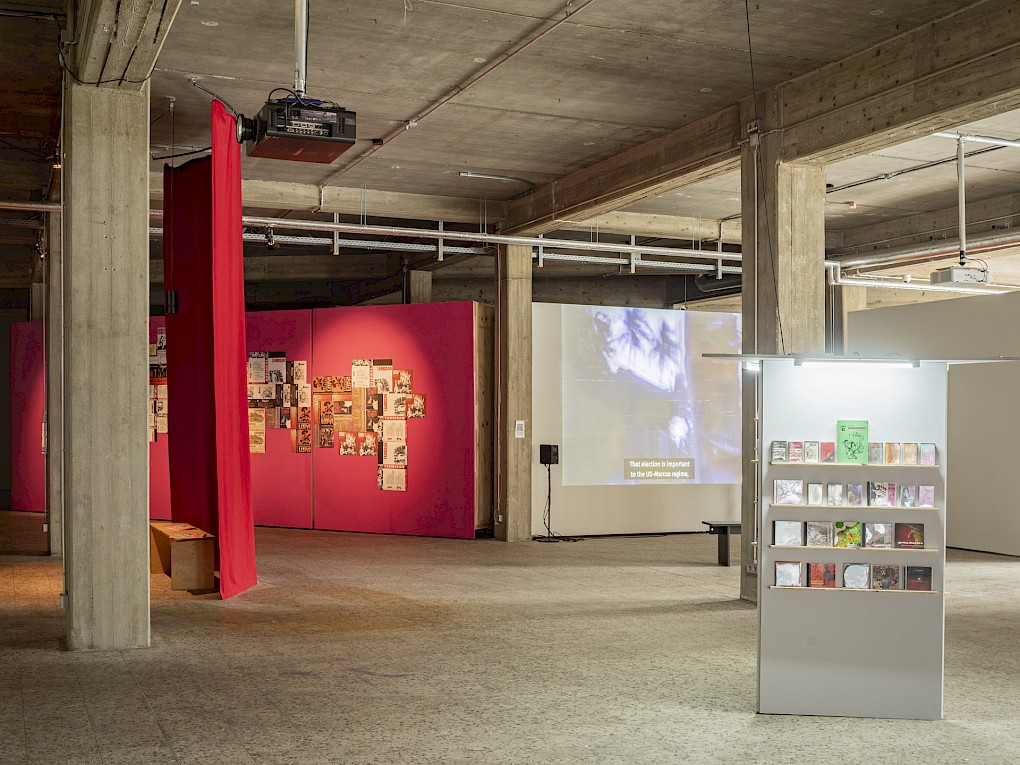
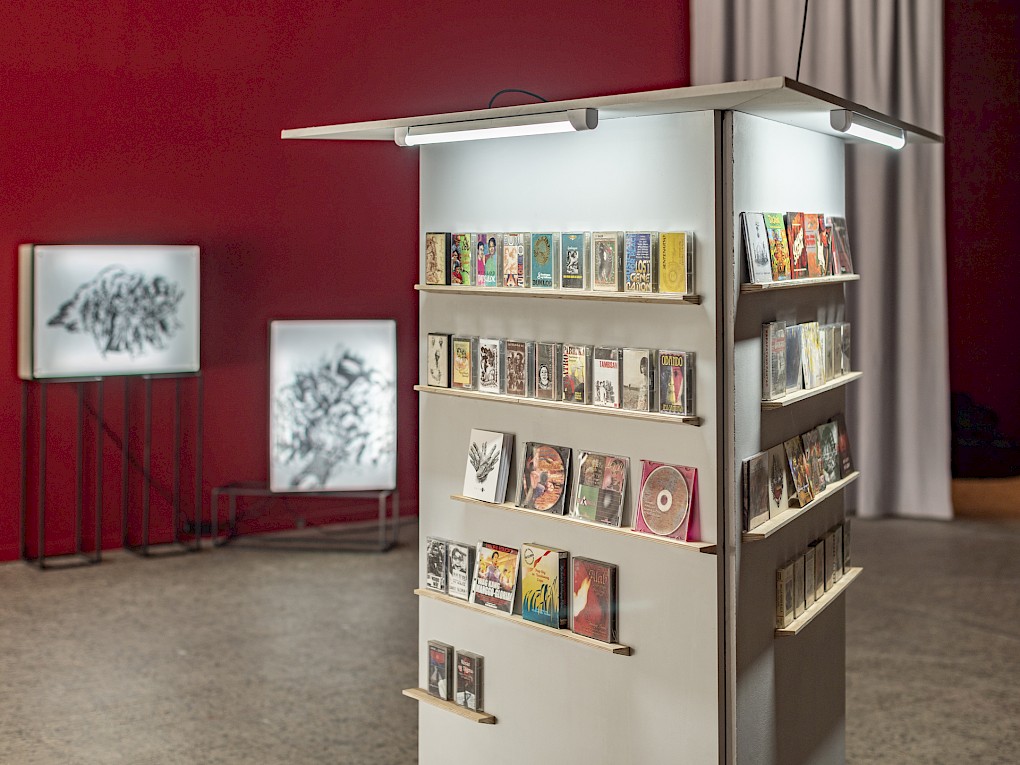
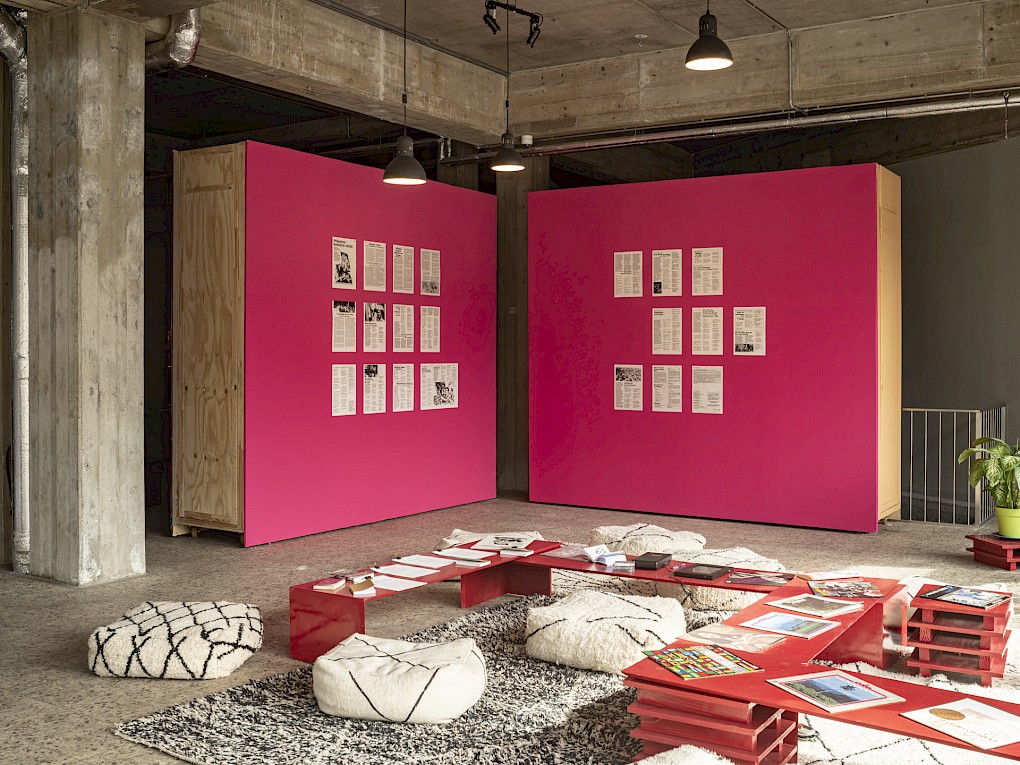
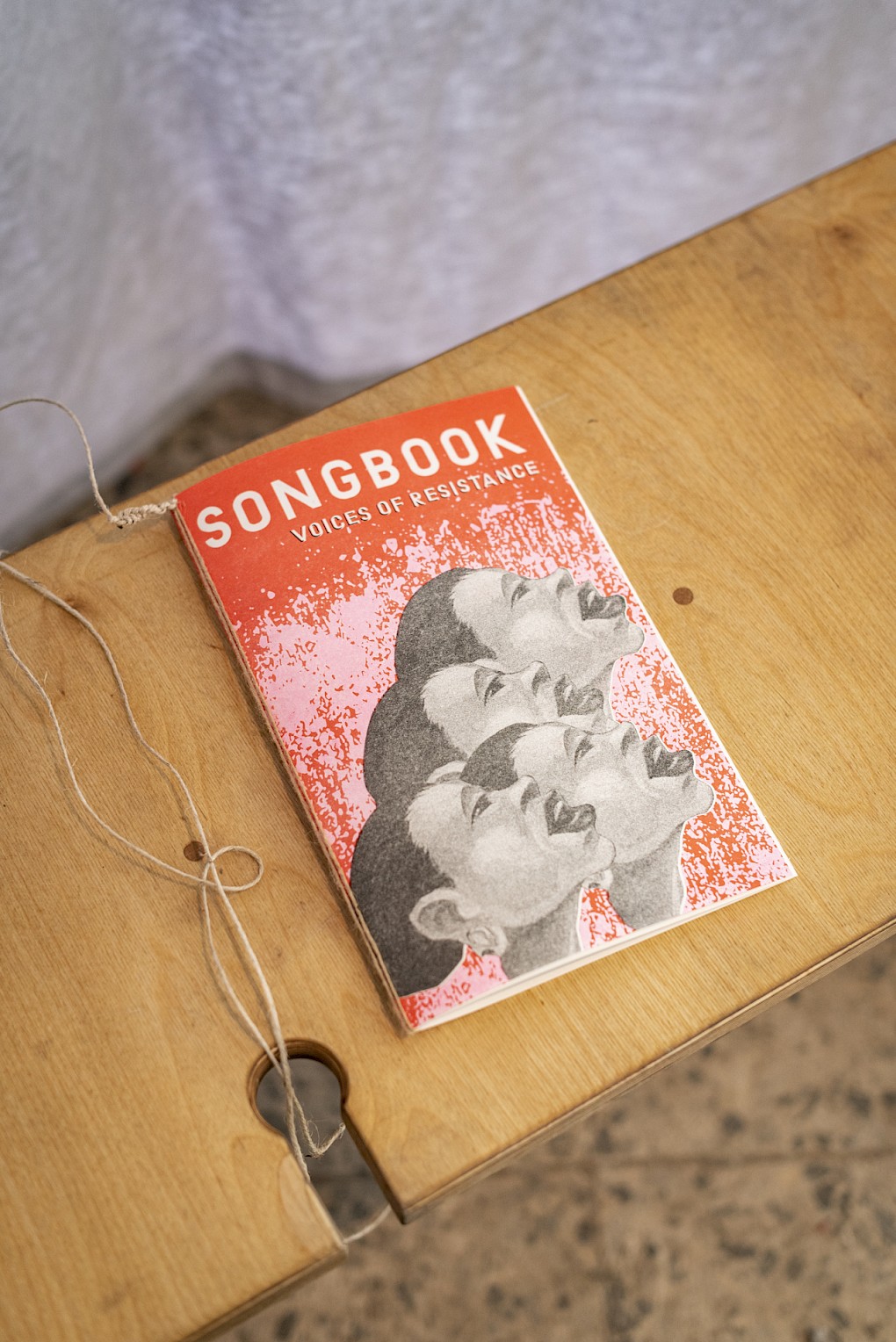
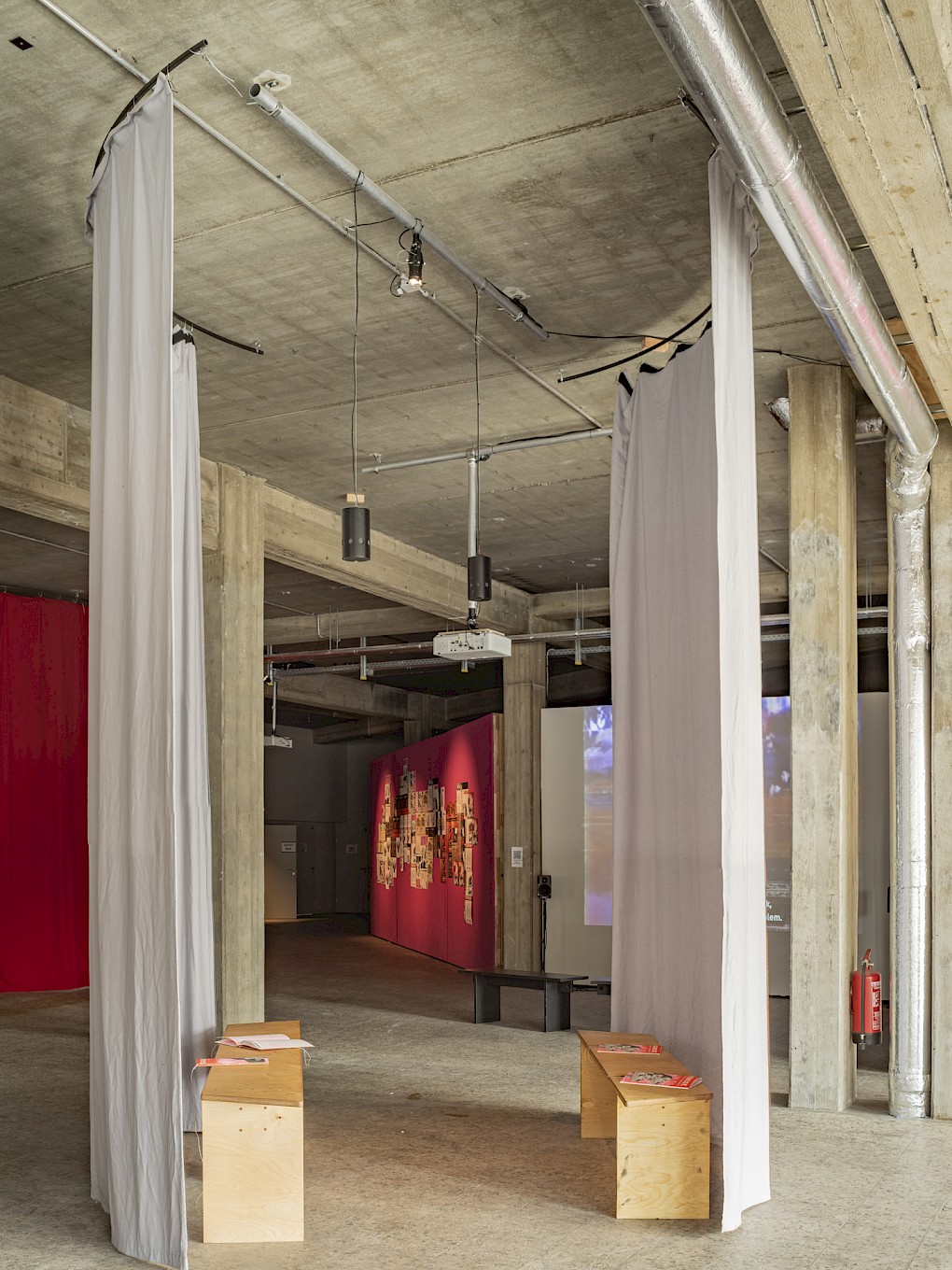
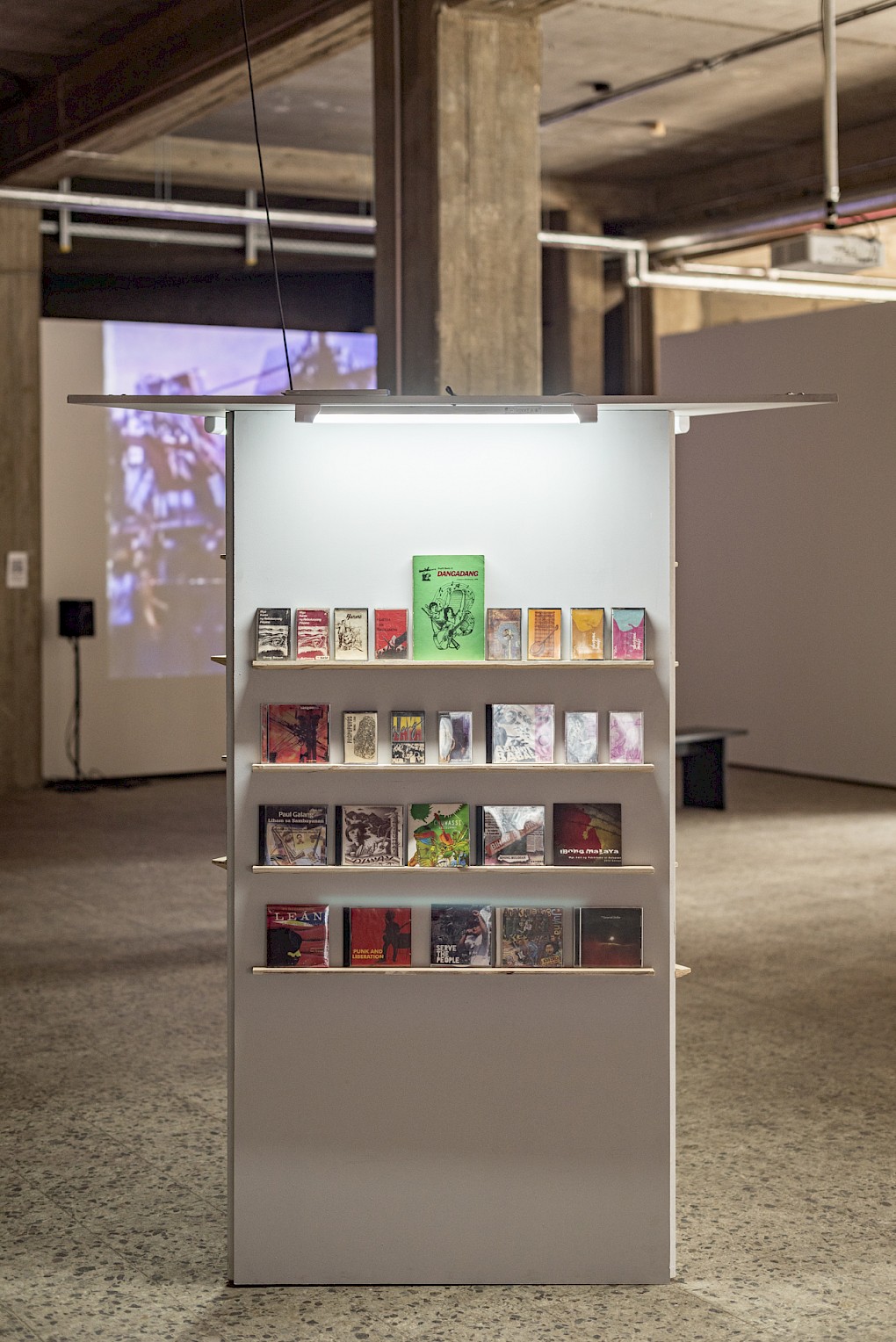
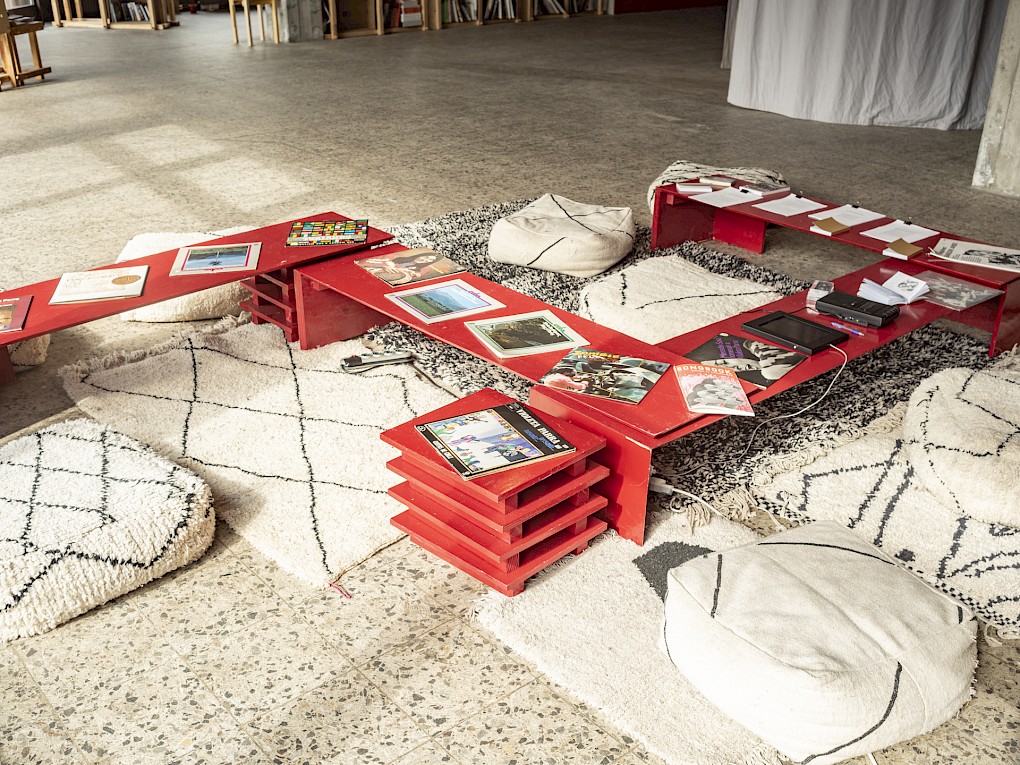
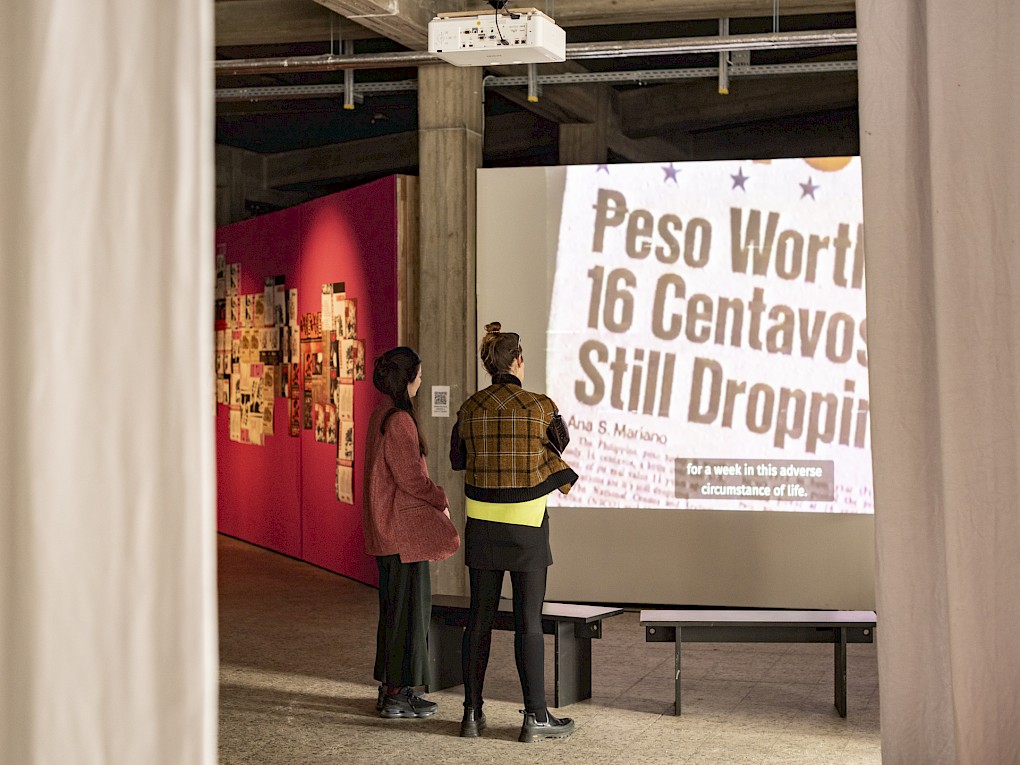
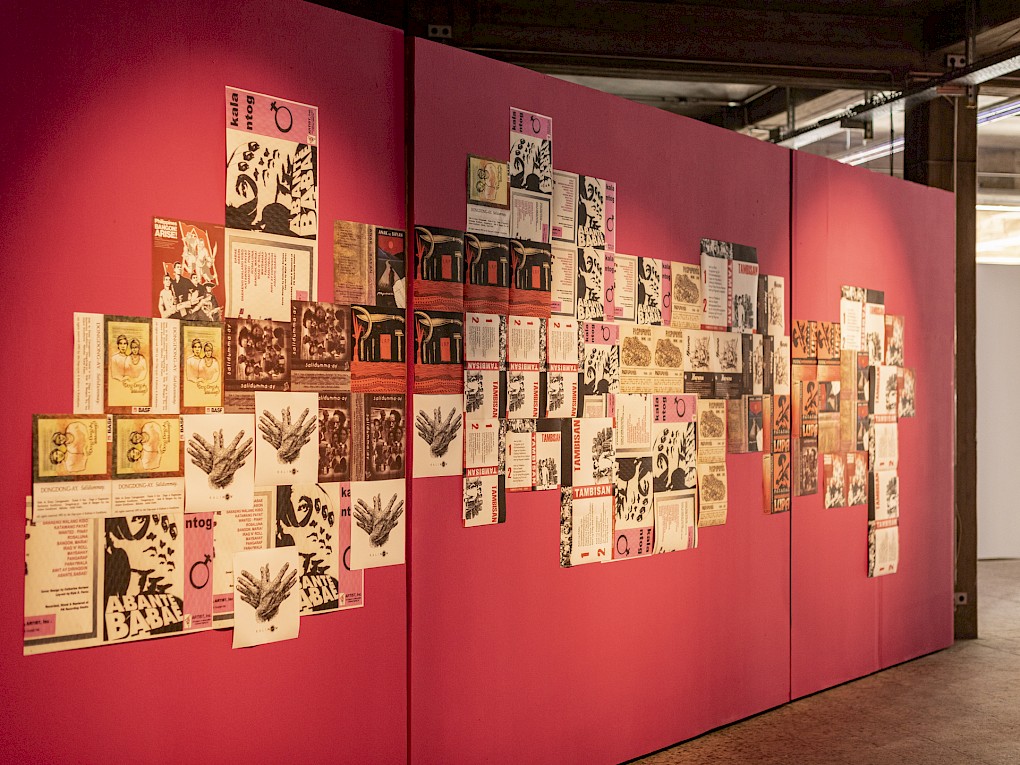
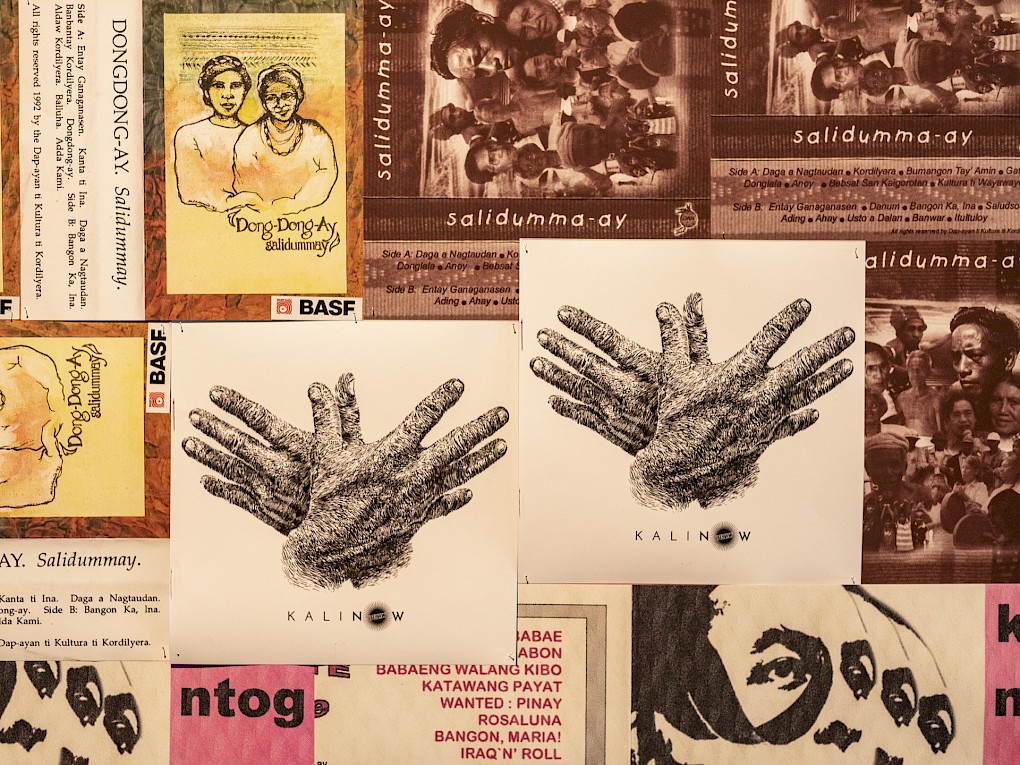
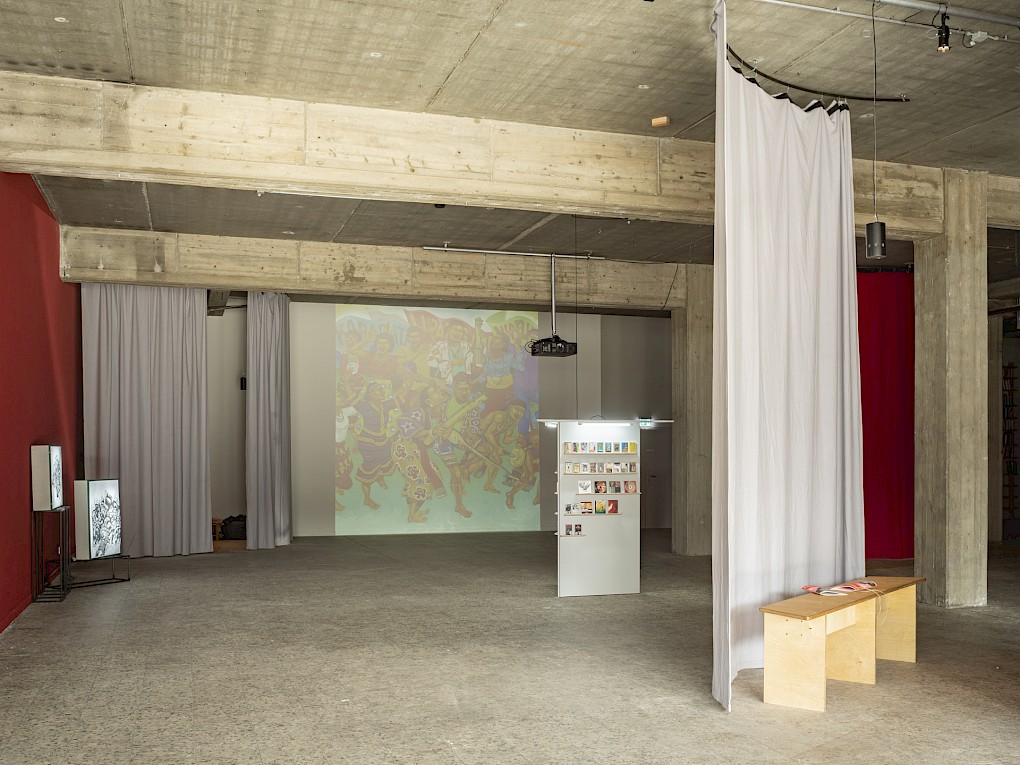
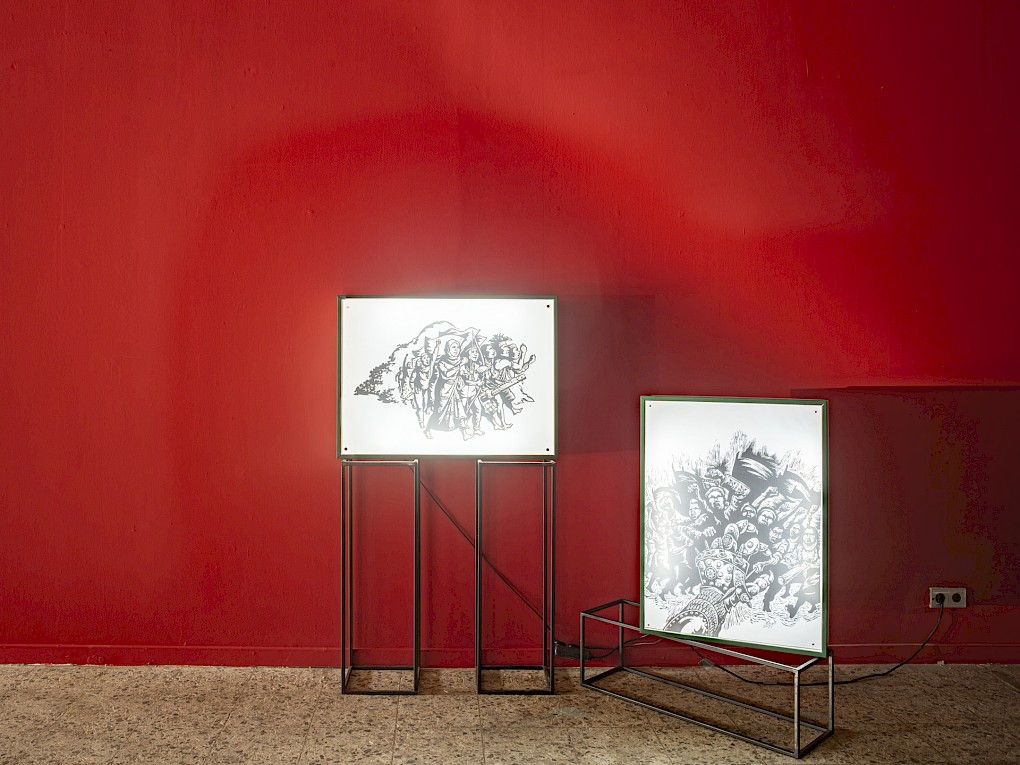
DANG A DANG RADIO is an independent online radio program that takes its name from "Dangadang" (meaning "struggle" in Ilocano). The program is a tribute to “Dagiti Kanta Ti Dangadang,” a series of books containing progressive songs written by political prisoners, artists, farmers, workers, red fighters, and other marginalized groups.
The songbook was published to advance Philippine revolutionary culture through the utilization of songs for propaganda, educational purposes, special events, and everyday struggles. The creators of the songbook aspire for it to be “employed in various ways and for readers to enhance and disseminate revolutionary culture by composing more songs, poems, plays, and other forms of creative expression”.
Guided and inspired by “Dagiti Kanta Ti Dangadang”, Dang A Dang Radio was formed in hopes to be a research, archival and online radio platform that features songs, poetry, music, and field recordings of social movements for national liberation and democratic rights in the Philippines, the diaspora, and beyond. It aims to present, amplify and highlight the rich history and tradition of protest music in the Philippines.
The online radio program, created by a group of artists, cultural workers, and activists working around music, writing, and independent archiving, was launched during the COVID-19 lockdowns towards the end of then-President Duterte’s administration. The militarized response to the pandemic that was hurting the health and livelihood of Filipinos at the time concluded the fascist regime’s years of drug war and attacks on the media, activists and dissenters. This period was also marked by the aggressive campaigning of the Marcoses to return to the Malacañang – to the highest position of power in the country. The family of former president and ousted dictator, Ferdinand Marcos, embarked on a massive project of disinformation and historical revision towards the subsequent installation of Ferdinand Marcos Jr. This propelled the urgency of safeguarding the memories of Martial Law and inspired the recent surge of independent archiving projects in the Philippines.
Team
ARTISTIC DIRECTION Renan Laru-an
CURATION & Research Dang A Dang Radio
Curatorial Assistance Manuela García Aldana & Onur Çimen
General Management Lema Sikod, Lynhan Balatbat-Helbock
Project Management Lili Somogyi
Communications Anna Jäger
Graphic Design Aditi Kapur
HANDOUT DESIGN Lili Somogyi
SPATIAL DESIGN Nancy Naser Al Deen
SAVVY.doc Onur Çimen, Sagal Farah
ART HANDLING Ayham Kayal, Rafał Łazar, Waylon D’Mellon, Santiago Doljanin
TECH Bert Günther
LIGHT Emilio Cordero
Collaboration This project is the seventh collaboration between SAVVY Contemporary and MaerzMusik, curated by Dang A Dang Radio.
Funding The project is funded by MaerzMusik 2023
Raymond Palatino. "From the Countryside to the City: Lakbayan and the Philippine Revolution", September 2017,bulatlat.com
See Rosemarie Roque & EngageMedia. "Daluyong: Political Filmmaking in a Period of Social Unrest Redux film playlist on Cinemata", 2022, engagemedia.org/2022/martial-law-films-playlist

